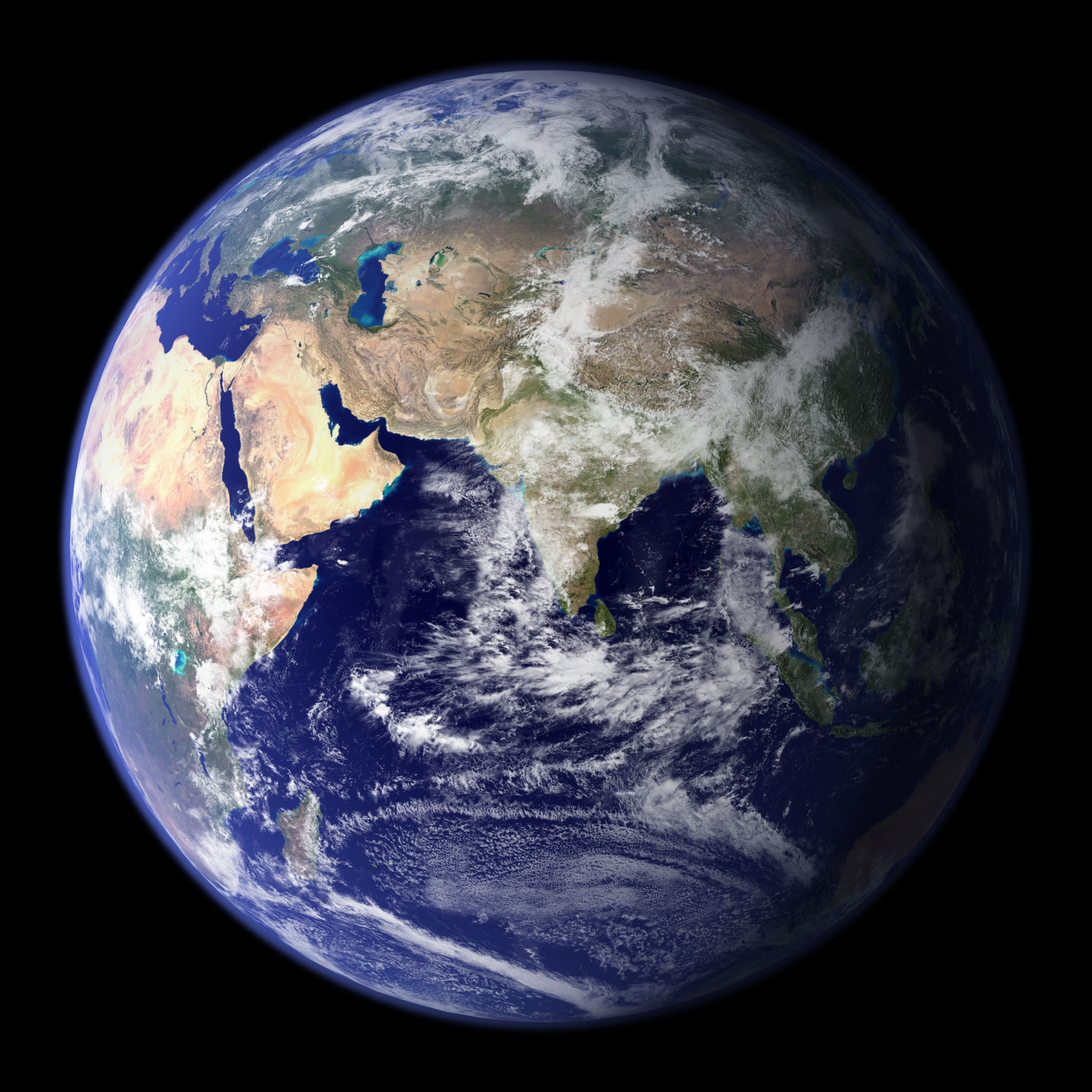Hello my world travelers! Back in May, I wrote a post about a global climate change arctic expedition happening in several cities throughout the United States. Never saw that post? Read it here! The article discussed a trip the Arctic scheduled for June 2015; the goal was for regular citizens to see firsthand the effects of global climate change. Our hope was that the citizens would then return to their respective cities and spread the word (a grassroots effort). The whole shebang was cooked up by ISGP, the Institute on Science for Global Policy. This organization received grants from the US and Norwegian governments to carry out this daring proposal and incite change. If a citizen (living in one of eight preselected cities in the US) was chosen, their trip would be filmed by PBS and aired a few months later. Alas, I have some poorly news—the expedition has been delayed, but it is still scheduled to occur. Instead of June of 2015, the date has been pushed back until sometime in 2016 (perhaps in June again?) The planning and funds required for the initial takeoff date were just too much, and more time was needed to organize. But do not fear! ISGP is still working to make this amazing expedition happen. According to their website (www.scienceforglobalpolicy.org),
“1. Throughout 2015, the ISGP will organize and convene two-day, nonpartisan conferences in each of the participating U.S. and Norwegian communities. Each ISGP conference focuses on helping participants learn how climate changes may influence their personal lifestyle and community-wide choices.In the summer of 2016, about 100 citizens representing 20 communities in the U.S. and Norway will be invited to sail for about a week in the Arctic on-board a Lindblad National Geographic Expedition vessel. The on-board debate-and-caucus format will be expanded to include Zodiac trips with professional naturalists to the Arctic landscape where participants can experience firsthand the impact of climate change in one of the world’s most vulnerable regions. Upon returning to their hometowns, Arctic participants agree to publicly share their conclusions throughout their respective communities to stimulate further discussion of actionable next steps.”
All this talk on expeditions and science reminded me of an article that was published by National Geographic Magazine in August of 2014. The title was “Franz Josef Land: The Meaning of North,” and it discussed a recent expedition to a Northern archipelago of Russia. This string of islands is one of the most pristine areas left on Earth, and populations of walruses, polar bears, and little auks still remain intact. I particularly liked the author’s anecdote about almost getting eaten alive by a rapacious polar bear on the prowl. “’Paul, the polar bear smells you. And is coming towards you. Climbing the glacier. I suggest you get down.’” (pg. 109, August 2014). Although it really isn’t funny because polar bears can be extremely dangerous, the image of two bundled up men hurling down a glacier followed by a lumbering mammoth is quite amusing. Hopefully, the citizen led ISGP expedition will be just as informative, interesting, and meaningful as the one on Franz Josef’s Land was. To learn more about the 2015 expedition, click here.
